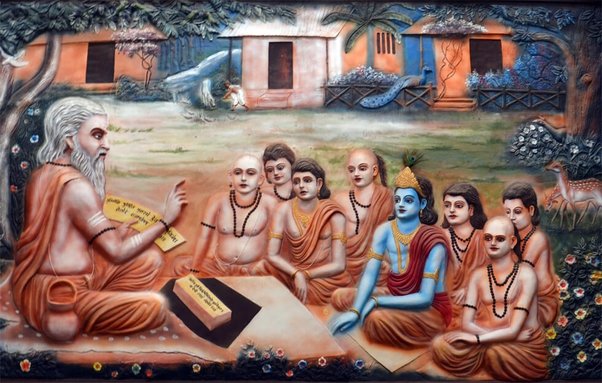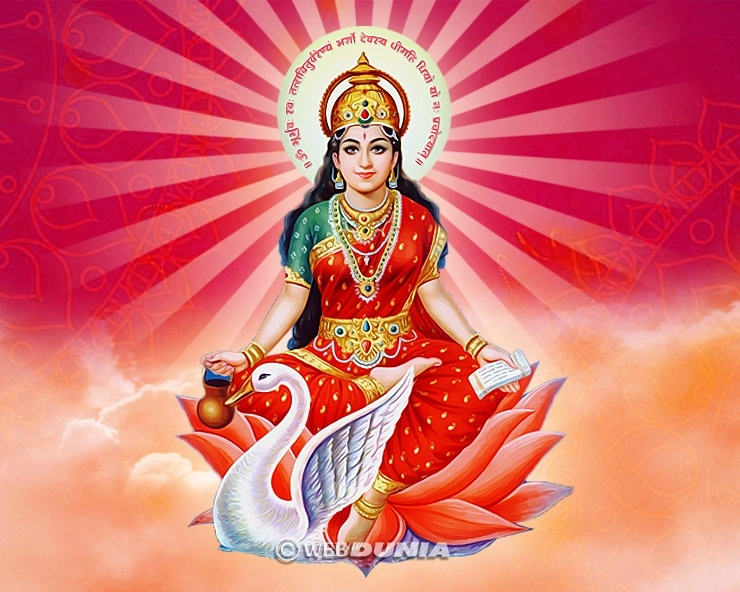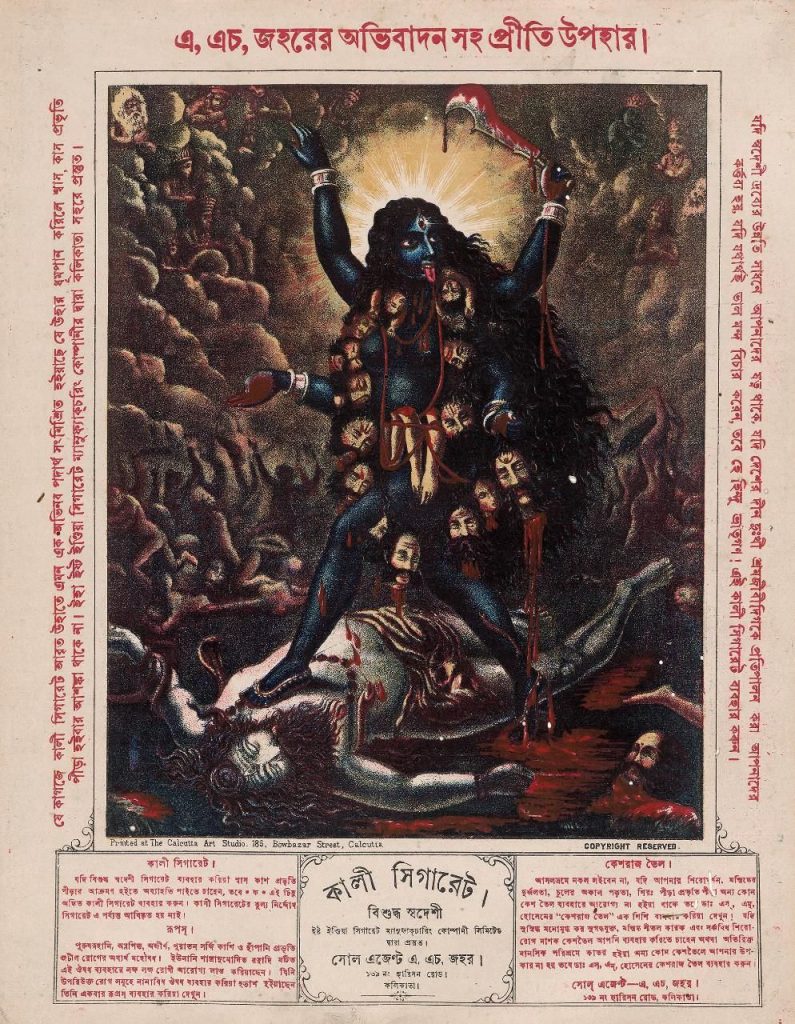The Vedic Period is a significant era in ancient Indian history that spans from around 1500 BCE to 500 BCE. It is named after the Vedas, the sacred texts of Hinduism that were composed during this time. The Vedic Period is characterized by the development of early Hinduism and the emergence of Vedic culture. During this time, the Indo-Aryan people, who migrated to India from Central Asia, settled in the northern part of the Indian subcontinent and established their civilization.
The Vedic Period is divided into two parts: the Early Vedic Period (1500 BCE to 1000 BCE) and the Later Vedic Period (1000 BCE to 500 BCE). The Early Vedic Period is marked by the composition of the Rigveda, the oldest and most sacred of the Vedas. This period was characterized by pastoralism and the worship of natural phenomena such as fire, water, and wind. The Later Vedic Period saw the development of a more complex society and the emergence of new religious ideas, such as the concept of karma and rebirth.
The Vedic Period had a significant impact on Indian culture and society, particularly on the development of Hinduism. The Vedas laid the foundation of Hindu philosophy, religion, and literature, and continue to be revered as the highest source of knowledge and wisdom in Hinduism. The Vedic Period also saw the emergence of the caste system, which became an integral part of Indian society and culture for centuries to come.



